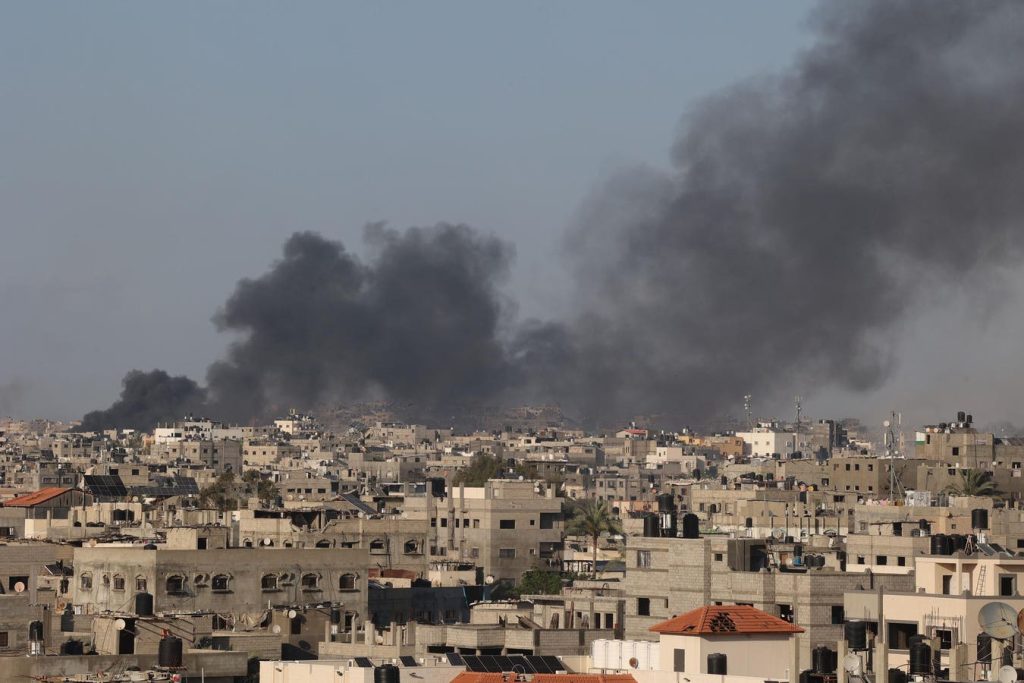Negotiations between Israel and Hamas have hit a roadblock, with the IDF increasing military pressure on Hamas throughout the Strip. Talks in Cairo ended without an agreement, despite Hamas initially claiming acceptance of a proposal. However, significant differences between the proposals led to the talks collapsing. Hamas’ revised proposal included conditions such as releasing hostages “alive or dead” and demanding an end to the war, which Israel found unacceptable. Despite the breakdown in talks, there is a possibility of resuming dialogue in Doha in the near future.
The IDF has intensified its activity in Rafah, advising civilians to evacuate the area as it prepares for wider military operations. Hamas continues to launch rockets from humanitarian areas in Rafah, targeting Israeli cities. The IDF has responded by striking Hamas targets and reopening the Keren Shalom crossing for humanitarian aid delivery to Gaza. In response to the conflict, a new field hospital has been established in central Gaza to provide medical care to residents and evacuees from Rafah.
Heavy exchanges of fire between the IDF and Hezbollah along the northern border have resulted in casualties on both sides. Israeli airstrikes have targeted Hezbollah military buildings and launch sites. However, three IDF soldiers were killed by Hezbollah attacks during the week, bringing the total number of Israeli casualties to 14 since October. Hezbollah has reported losing 291 members to IDF fire and has killed 59 members of other terrorist organizations operating from Lebanon.
The UN General Assembly has passed a resolution granting Observer State status to the State of Palestine, allowing full participation in General Assembly activities. Israeli officials have criticized the decision, calling it a “prize for Hamas.” Meanwhile, South Africa and Egypt have requested the International Court of Justice to order Israel to withdraw from Rafah, although the ICJ’s decisions do not have enforcement powers.
Turkey has reportedly eased its economic boycott on trade with Israel, allowing Turkish industrialists to continue business with Israeli importers. The Turkish Ministry of Trade denied reports of a change in the prohibition of trade with Israel, but the Harvard University database shows Israel as an essential export destination for the Turkish economy. Additionally, Israeli cyber company WIZ announced a $1 billion funding round, making it the largest ever by a private Israeli company and reflecting a valuation of $12 billion.
Overall, the conflict between Israel and Hamas continues to escalate, with negotiations at a standstill and military pressure intensifying. The involvement of Hezbollah along the northern border adds to the complexity of the situation. The decisions made by the UN General Assembly and the potential consequences of the ICJ’s involvement further complicate the regional dynamics. Meanwhile, economic relations between Turkey and Israel are experiencing shifts, and Israeli technology companies like WIZ are making significant advancements in the global market.


